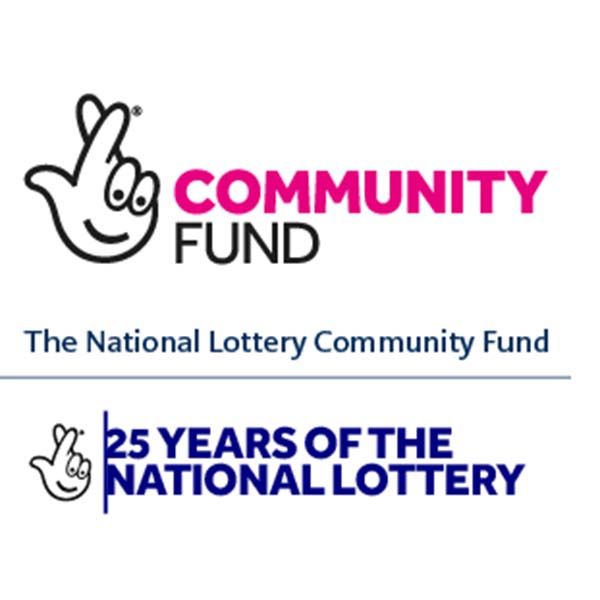It can take a long time for a survivor to be able to talk about what has happened to them. Some people take decades to share the abuse they have experienced. It is important for them to be listened to and believed, regardless of when the abuse happened. If they choose to talk to you, you can make it easier for them by:
Making time to listen without judging, criticising or questioning.
Not forcing them to talk. Be patient.
Reassuring them that no one has the right to rape or abuse and that every person has the right to be safe, in all circumstances.
Understanding that survivors can experience a range of different reactions and emotions. They may feel calm and controlled, or feel nothing or numb. They may feel anger, guilt or worthlessness and they may feel suicidal. These are a natural response to their experience. There is no ‘right’ or ‘wrong’ way for a survivor to react – and whichever way they do react is ok.






